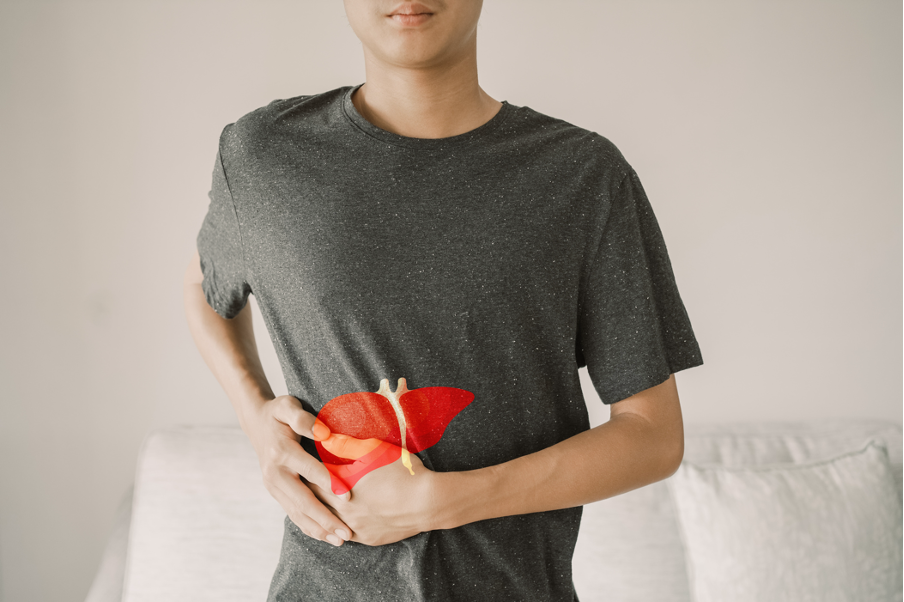Morning Surge Phenomenon: Why Do Heart Attacks Happen More Often in the Morning?
- klabdigitalmarketi
- May 9, 2025
- 4 min read
Updated: Jul 28, 2025

Did you know that most heart attacks and strokes occur in the morning? A number of studies have shown that the time between 6am and 12am is the most prone period for cardiovascular disorders. This condition is related to the body's circadian pattern, which is a daily biological rhythm that regulates various physiological functions. During this time, the risk of serious events such as myocardial infarction, stroke, arrhythmia, and sudden cardiac death tends to increase.
This phenomenon is known as the Morning Surge, which can be harmful to individuals with high blood pressure, heart problems, and other risk factors such as atherosclerosis (hardening of the arteries). Ironically, when the body is just starting the day and looking its freshest, that's when the heart works the hardest and is most susceptible to interference.

What's Morning Surge?
Morning surge is a naturally occurring spike in blood pressure in the first few hours after waking up, influenced by the body's circadian rhythm. When we wake up, the body releases high amounts of stress hormones such as cortisol to help kick-start activity. Cortisol usually peaks in the morning which physiologically causes constriction of blood vessels and increased heart work. At the same time, sympathetic nervous system activity increases, platelets clump more easily, and the body's response to stress tends to be higher. All these factors make the time between 4am and 10am the most vulnerable period for cardiovascular events such as heart attack and stroke.
How big is the morning blood pressure spike?
Estimates of the magnitude of the morning spike in blood pressure vary depending on the measurement method and the characteristics of the population under study. However, in general, systolic blood pressure may increase by about 10 to 30 mmHg, while diastolic pressure rises by about 7 to 23 mmHg after a person wakes up. Research shows that this spike tends to be greater in older individuals, as well as in those who smoke or consume alcohol. Additionally, this response was also found to be more prominent in the white population compared to other ethnic groups.

Who's Vulnerable?
Some groups that are more susceptible to the effects of morning surge include:
People with hypertension, especially if their blood pressure is uncontrolled
People with a history of heart disease or stroke
Eating foods that contain a lot of salt can cause the body to retain water. This increases blood pressure, especially in the morning.
People with diabetes and high cholesterol
Elderly
Smokers or individuals with a passive lifestyle
People who experience frequent stress or lack of sleep
Key Symptoms of High Blood Pressure in the Morning
Symptoms of increased blood pressure in the morning are often not obvious and can even go unnoticed. This condition makes many people with hypertension and their family members unaware that serious risks are lurking. Therefore, it is important to recognize the symptoms that often appear in the morning and can be a clue that blood pressure is out of control, including:
Chest pain
Severe headache
Shortness of breath
Nausea or vomiting
Blurred or double vision
Dizziness or feeling like passing out
Seizures (this is rare but can occur in some cases)

Daily Strategies to Control Blood Pressure in the Morning
A significant and sudden spike in blood pressure requires immediate medical attention. However, if the rise is still relatively mild, there are some morning habits you can change to help lower your blood pressure gradually. Here are five steps you can try:
1. Nutritious breakfast
A breakfast high in protein and fiber helps keep you fuller for longer and lowers blood pressure. Fiber has also been shown to reduce the risk of cardiovascular disease.
2. Drink water
Start the day with one to two glasses of water to help reduce sodium levels in the body. This can also suppress the urge to consume caffeine right away. If possible, choose low-caffeine tea or coffee as an alternative.
3. De-stress and get active
Morning stress can have a direct impact on blood pressure. Try starting your day with light exercise, a short meditation, a leisurely walk or breathing exercises to help your body relax.
4. Take your medication regularly
Many hypertensive patients forget or delay taking their medication. In fact, adherence to the medication schedule is very important to keep blood pressure stable. Use daily reminders if needed.
If you have high blood pressure, or are at risk of heart problems, don't ignore the signs. Morning surge could be an early signal of a serious cardiovascular disorder. Consult your condition further with our medical team at K-Lab Medical Center. We provide blood pressure screening, cardiac risk evaluation, lifestyle management advice and appropriate medication. For information and registration, please contact us via WhatsApp at 081381367915.
Source:
NCBI - The Morning Blood Pressure Surge: Therapeutic Implications
NCBI - Morning surge in blood pressure and blood pressure variability in Asia: Evidence and statement from the HOPE Asia Network
Mayo Clinic - Blood pressure: Does it have a daily pattern?
NCBI - Early Morning Blood Pressure Surge
FDA - High Blood Pressure–Understanding the Silent Killer




Comments